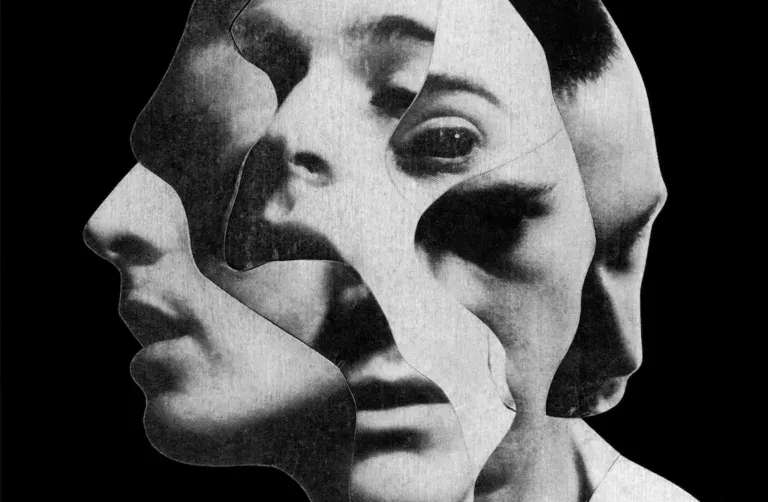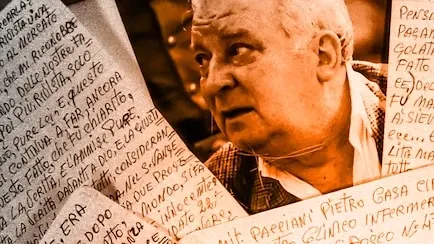The Butcher of Hanover
In the grim landscape of crime that characterized 1920s Germany, few cases emerged with the horror and ruthlessness of that of Fritz Haarmann, known as “The Butcher of Hanover.” However, the darkness of this story is incomplete without mentioning Hans Grans, Haarmann’s accomplice and lover.







